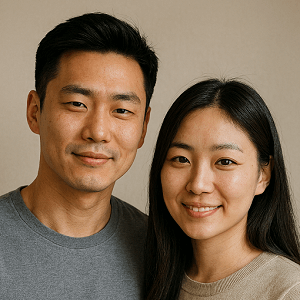Recent federal funding cuts threaten to derail remarkable progress in efforts to curb hepatitis B fatalities among Asian Americans, a population hit harder by the disease than any other group in the United States. While Asian Americans represent just 7% of the nation’s population, they account for a staggering 58% of hepatitis B cases nationwide, according to NBC News. The disparity is even more dramatic in San Francisco, where Asian Americans comprise a third of the population but make up 90% of hepatitis B cases, the San Francisco Health Improvement Project reports.
Between 2021 and 2023, hepatitis B deaths in San Francisco dropped but still remain above the national average, says the San Francisco Public Press. Hepatitis B is a potentially fatal liver infection that pregnant women may pass to their babies. Dr. Amy Tang, director of immigrant health at North East Medical Services, notes hope in recent declines but warns that gaps in care persist: “With every step that requires more action, people get lost.” Carrie Frenette, who leads Global Medical Affairs for Liver Diseases at Gilead Sciences, echoes the concern that the process for hepatitis B patients is vulnerable—each extra step makes it harder to stay engaged with care.
Compounding the problem, massive federal layoffs resulted in the loss of 10,000 Health Department jobs, the elimination of the Office of Minority Health, and the removal of data tracking hepatitis B disparities. Experts like Dr. John Swartzberg, infectious disease specialist at UC Berkeley, fear these cuts will cause infections from diseases like hepatitis B to rise again unless interventions and vaccination programs resume robust support.
See: “Cuts could reverse drop in Hep B deaths among Asian Americans” (August 25, 2025)



